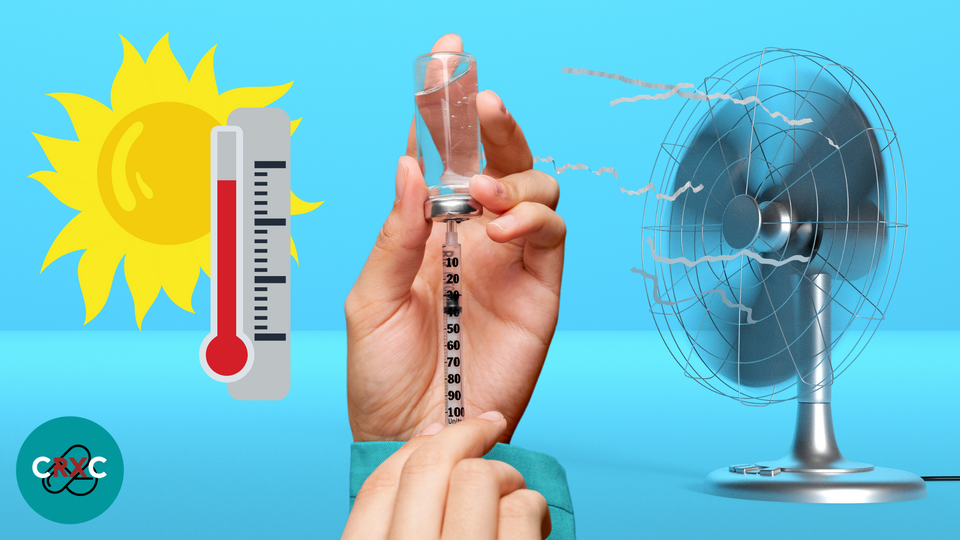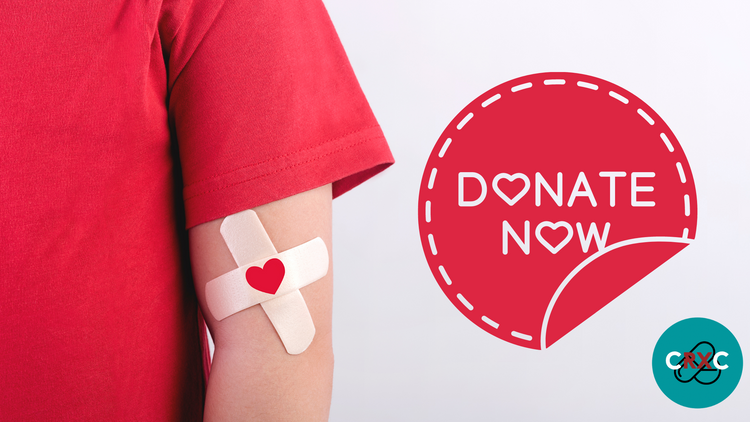Tips on managing your diabetes in the extreme summer heat

2021 started off an early summer with a record breaking heatwave that began in multiple states all across the United States with temperatures over 100 ℉. With temperatures that high it can definitely affect the health of many, but for people who are diagnosed with type 1 or 2 diabetes the heat can have more a negative impact on their health more than those who do not have diabetes.
What can happen to me if I am diabetic?
As per the CDC, certain diabetes complications, such as damage to blood vessels and nerves, can affect your sweat glands so your body can’t cool as effectively. Due to this issue, diabetics are at higher risk of suffering from heat exhaustion and heat stroke. Diabetic people also get dehydrated much quicker also, especially if they are not getting enough fluid intake due to increased blood sugar, causing frequent loss of body fluids from excessive urination, as well as having to take diuretic medications such as "water pills" to treat high blood pressure which causes dehydration as well.
Tips and advice
On staying cool:
- Drink plenty of water—even if you’re not thirsty—so you don’t get dehydrated.
- Avoid alcohol and drinks with caffeine, like coffee and energy or sports drinks. They can lead to water loss and spike your blood sugar levels.
- Check your blood sugar before, during, and after you’re active. You may need to change how much insulin you use. Ask your doctor if you would like help in adjusting your dosage.
- Wear loose-fitting, lightweight, light-colored clothing.
- Wear sunscreen and a hat when you’re outside. Sunburn can raise your blood sugar levels.
- Don’t go barefoot, even on the beach or at the pool.
- Use your air conditioner or go to an air-conditioned building or mall to stay cool. In very high heat, a room fan won’t cool you enough.
Source of 'Tips on staying cool': https://www.cdc.gov/diabetes/library/features/manage-diabetes-heat.html
On how to manage your diabetic medication in the summer heat:
- Don’t store insulin or oral diabetes medicine in direct sunlight or in a hot car. Check package information about how high temperatures can affect insulin and other medicines.
- If you’re traveling, keep insulin and other medicines in a cooler. Don’t put insulin directly on ice or on a gel pack.
- Heat can damage your blood sugar monitor, insulin pump, and other diabetes equipment. Don’t leave them in a hot car, by a pool, in direct sunlight, or on the beach. The same goes for supplies such as test strips.
Source of 'How to manage your diabetic medication': https://www.cdc.gov/diabetes/library/features/manage-diabetes-heat.html
For additional tips on how to store insulin please check out our previous blog: https://canadarxconnection.com/b/insulin-how-to-store/
Takeaway
Extreme heat can also change how their bodies metabolize insulin, so testing of the blood sugar levels will most likely be required more frequently during such times of increased weather temperatures. Chances are, the insulin may or may not be as affective during such high heat, so it's best to check your levels and adjust your dosage as needed.
Always remember to be prepared during hotter days and try to stay cool, stay safe and enjoy a happy, healthy summer!





